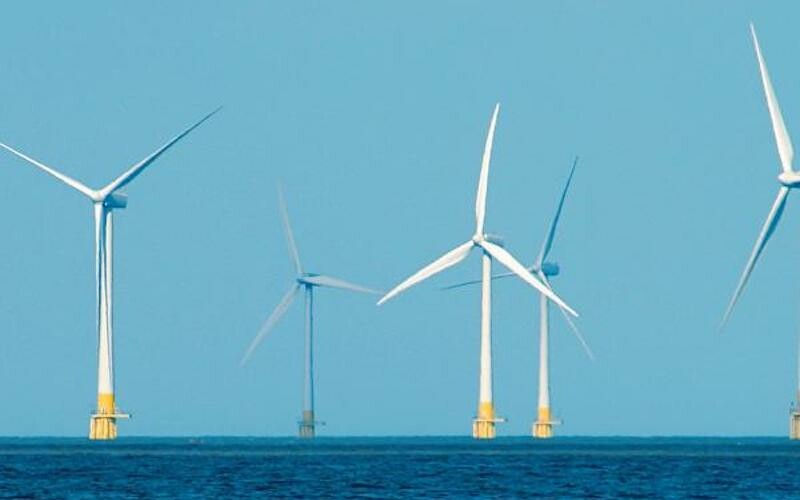The U.S. offshore wind business has gone through a particularly tough stretch over the past couple of few months.
In late August, consortiums that were developing two significant wind farms off Massachusetts deemed it more financially prudent to pay a combined $108 million in termination penalties rather than try to make their respective projects work under current cost structures, while the leading East Coast developer warns it could be forced to do the same. In yet another blow, the widely anticipated Gulf of Mexico wind lease sale fizzled with only a single bid awarded.
Following up on earlier alerts, partners Shell New Energies and Ocean Winds North America agreed to pay a $60-million fine and cancel the power purchase agreements (PPA) for their 1.2-GW South Coast Wind farm, south of Martha’s Vineyard, Mass. On Aug. 23, Avangrid, lead developer of the 1.2-GW Commonwealth Wind farm, was allowed to terminate earlier negotiated PPAs and will pay a $48-million termination penalty after warning this summer that the project was economically untenable under those rates. Both developers say they plan to rebid in the next lease sale in hopes of negotiating more favorable PPAs.
Citing spiraling costs, supply chain snags and insufficient tax credits, Danish offshore wind developer Ørsted A/S, with seven northeast wind projects under development, said it may write off as much as $2.12 billion, further delaying the delivery of roughly 4,974 MW of power off New York, New Jersey, Rhode Island, Connecticut and Maryland. “We are still upholding a real option to walk away,” Orsted CEO Mads Nipper told Bloomberg News on Sept. 5, following the Aug. 30 earnings call.
Ørsted said it will “reconfigure” its projects and make a final investment decision by early 2024 at the latest on the near-term Sunrise Wind, Revolution Wind 1 and Ocean Wind 1 farms, according to Reuters.
Offshore wind proponents had hoped the well-established Gulf Coast oil and gas infrastructure would offset sustained wind speeds that are significantly lower than those on the northeast and attract developers.




